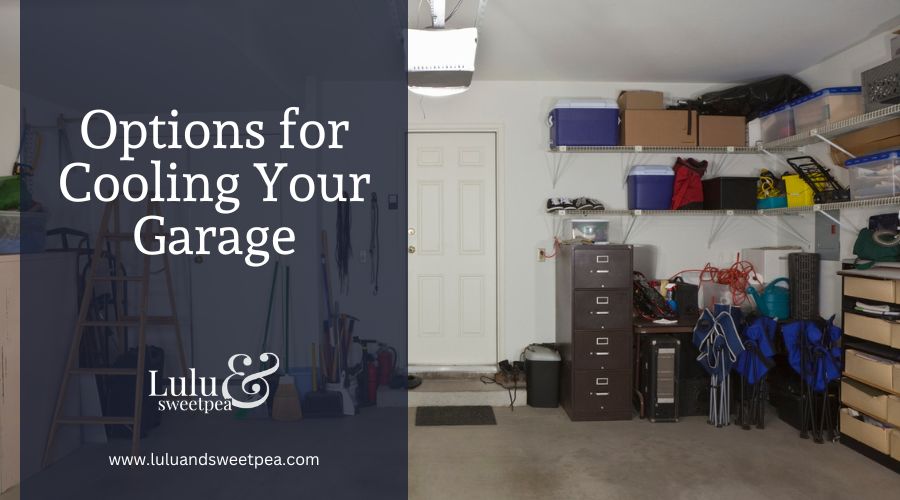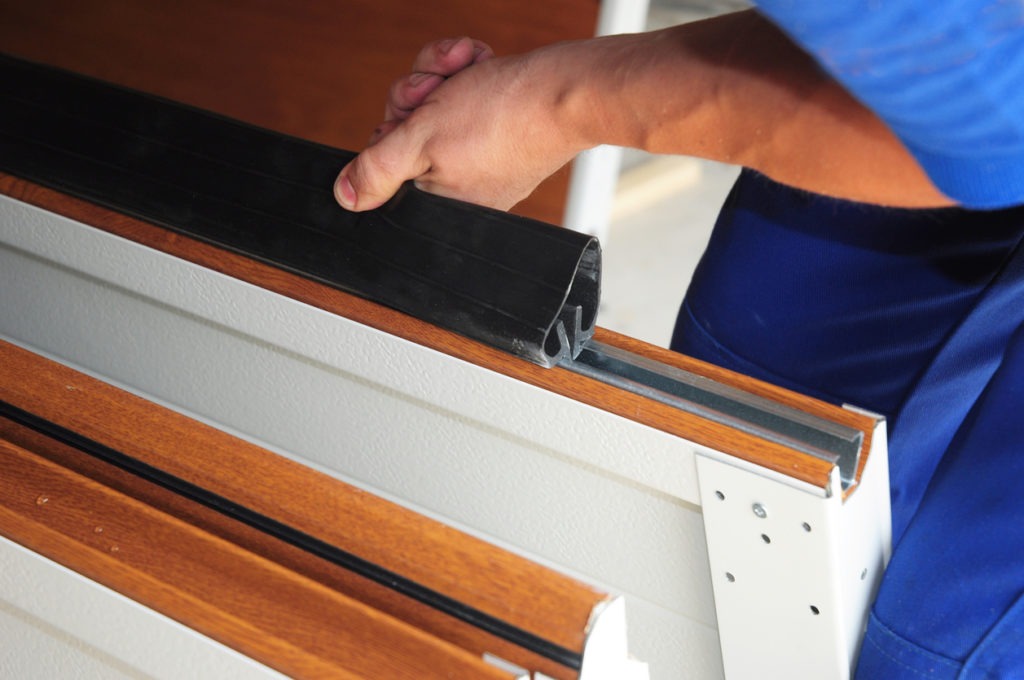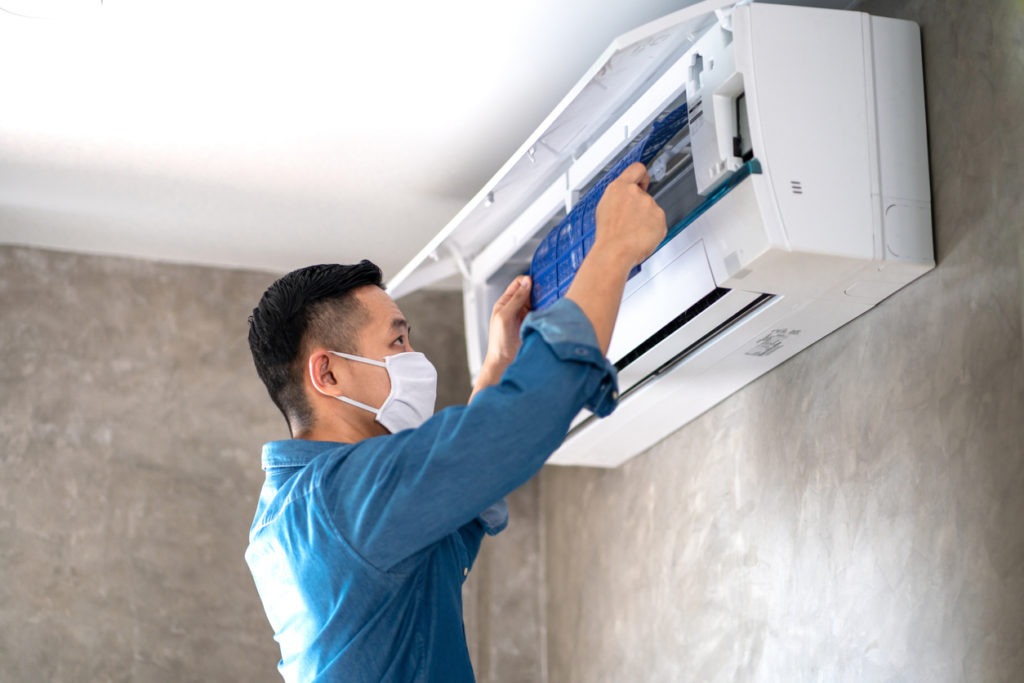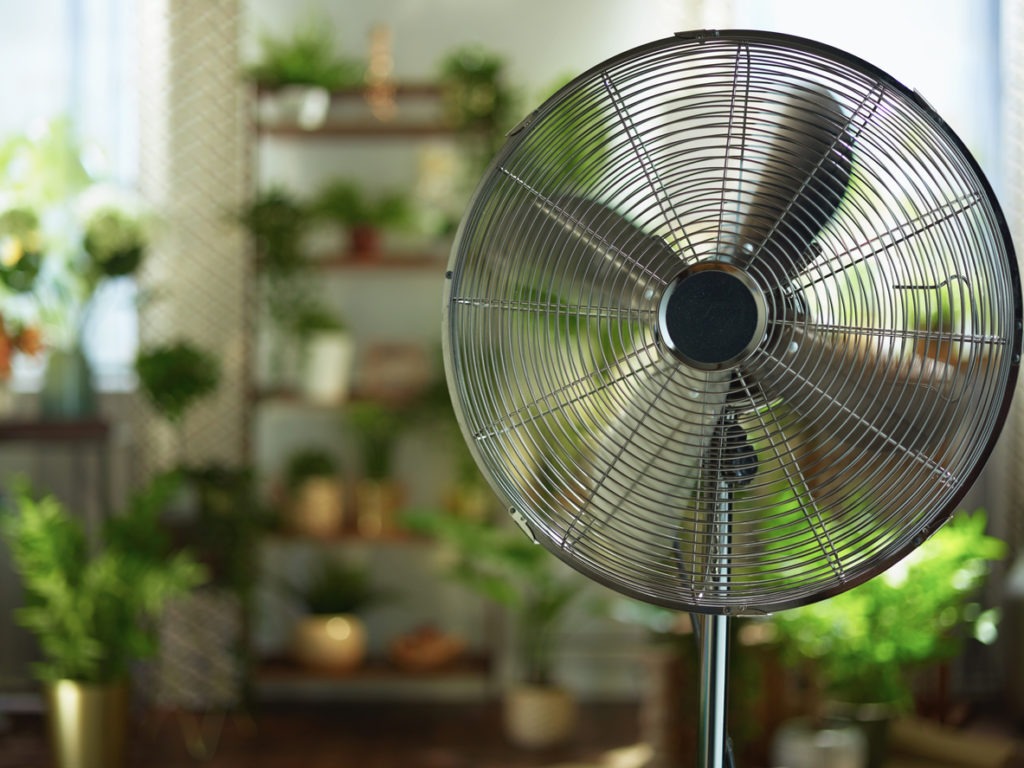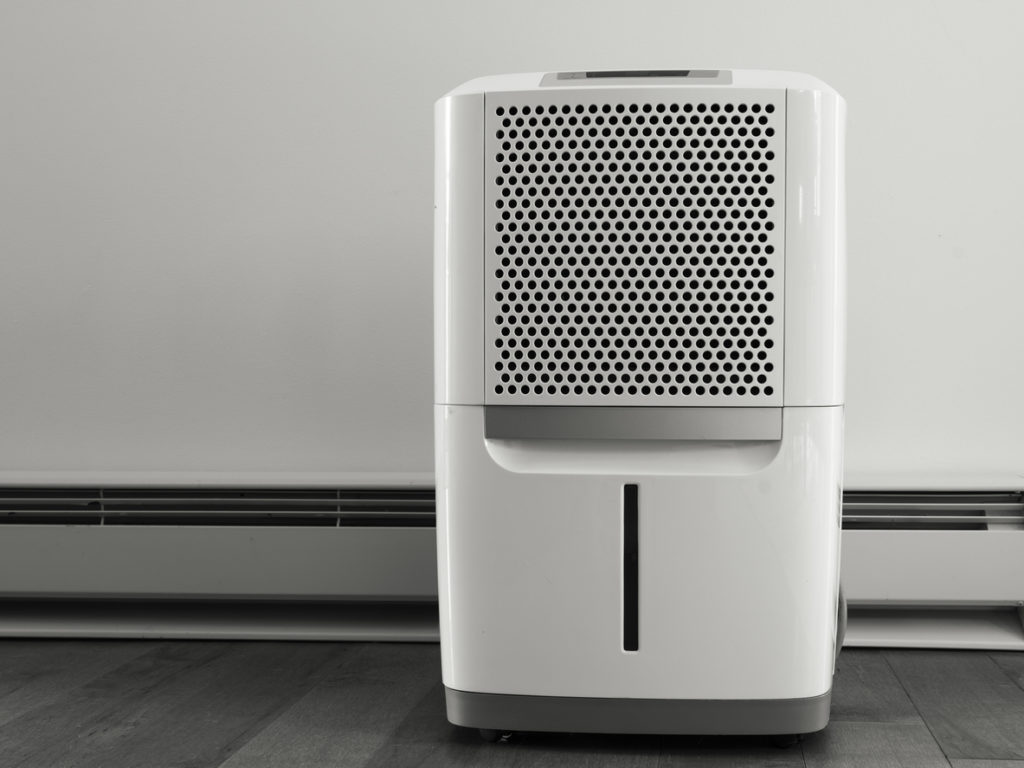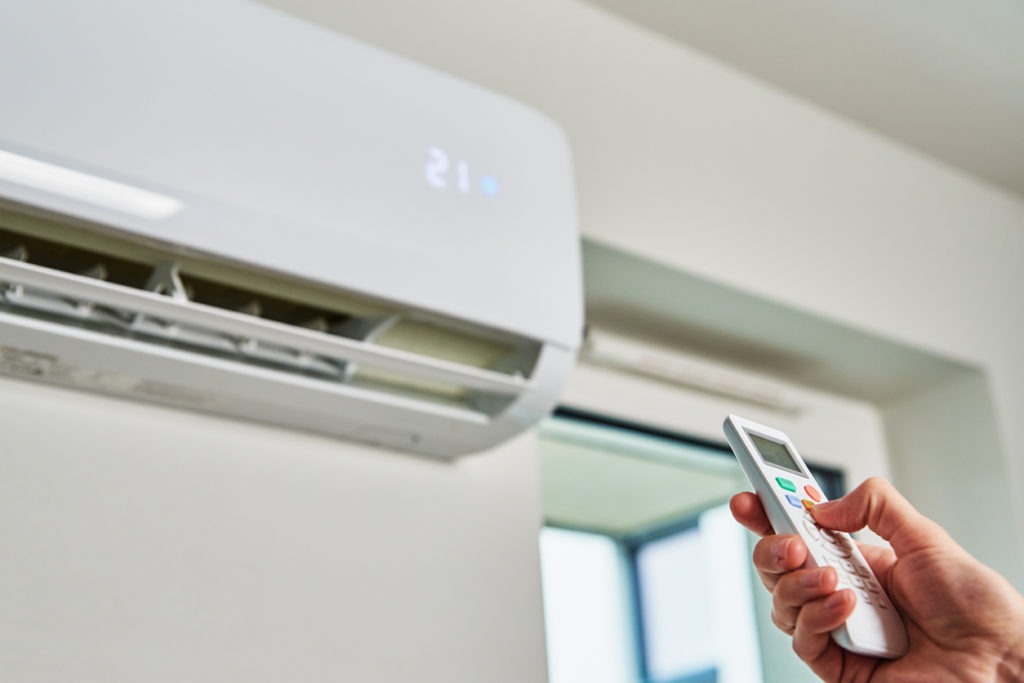For some people, having a garage provides a place to store their vehicles and house their hobbies. However, garages aren’t much good for more than these things if they are not equipped with proper ventilation systems. This is especially important in those regions that experience extreme weather conditions during the spring and summer months. For example, many parts of Houston see temperatures surge into triple digits during the summer months, which are acceptable for humans but can be dangerous for cars and their houseguests. Although most home and garage owners can afford air conditioning, it would be an unnecessary luxury. Therefore, the best way to keep everything cool enough to survive the blistering heat outside is by using fans.
Your garage is one of the most essential parts of your home. Suppose you use it as a workspace, event space, or a place to keep some valuable things. In that case, keeping it cool and comfortable is essential. A hot garage is never pleasant whether you live in a hot climate all year round or only experience high temperatures for a few months. Installing a cooling system in your garage will be beneficial because it will keep everything in your garage cool and comfortable.
Benefits of Cooling Systems
Adding a cooling system to your garage is one of the best ways to keep it cool. This can be especially helpful if you live in an area where AC is uncommon or if your garage is part of a home that does not have AC.
There are many benefits to having a cooling system in your garage, including:
- Improved safety: Storing flammable materials like gasoline or paint in an unventilated space can be dangerous because they can ignite easily. A cooling system will help keep these materials cool and, therefore, less likely to catch fire.
- Improved functionality: A cooling system will improve the functionality of your garage by making it easier for you to use tools and other items (such as plants) that require consistent temperatures. It will also make it easier for you to work on vehicles and equipment since these items typically require consistent temperatures.
- Better energy efficiency: Installing a cooling system can help reduce the energy you use by keeping things cool in your garage instead of heating them with heaters or fans.
Challenges with Garage Cooling
Installing a cooling system in your garage is a good idea. Still, some challenges might make getting an effective cooling system difficult. Here are some of those challenges:
- Lack of Insulation: If your garage is not insulated, the heat from your home’s cooling system will escape through the walls and garage door. This can make it harder for your cooling system to cool the air to a comfortable temperature.
- Lack of Ventilation Option: Portable air conditioning units need to be placed where they can vent hot air cycles through the compressor. Most garages are built without windows, so if you install an air conditioning unit, you will have to drill through the wall, which is not a smart choice.
- Open Spaces: These days, most garages are built with many spaces. That makes it difficult to keep the area cool. Large air cooling systems are needed to help solve this problem.
Things to Consider When Choosing Your Cooling System
Cooling systems for your garage can be tricky. There are so many options, and you want to ensure that you’re getting the right one for your needs.
Here are some things to consider:
- How big is your garage? If it’s huge and you have a lot of stuff, you might need a whole-house system instead of a smaller one. But if it’s small, don’t worry—you can still find an excellent option for cooling down just part of your garage!
- What do you store in there? Maybe an old window AC unit will do if it’s just tools and bikes. But if you have electronics or other sensitive items that need to be kept at certain temperatures, then maybe something more industrial is better suited for the job.
- Do you use your garage as an office or workspace? If so, make sure that whatever system you buy has enough power to cool down all the space where people will be working.
Garage Cooling Options
Your garage is a great place to store your car and other things, but it can also get hot in the summer. That’s why you need to choose the right cooling system for it. Here are some of the best options you can choose from.
1. Insulation
Insulation is one of the easiest and most effective ways to keep your garage cool in the summer and warm in the winter. It can be installed over walls, on top of existing insulation, or as a custom installation. Garage insulation can also help improve your home’s energy efficiency. If you want to insulate your garage, focus on the garage door. This is the most important place to insulate. Here are several types of garage doors, and the kind of insulation that fits each one is different.
- Steel Garage Doors: Any kind of insulation will fit steel garage doors. You can install rigid insulation on the door’s frame or place batting insulation around the corners.
- Flat Garage Doors: If your garage door does not have panels, you can use reflective insulation or foam boards.
- Wood Garage Doors: The best type is rigid insulation for wooden garage doors.
In addition to garage doors, you can also insulate your garage windows. Window films and blackout curtains are good insulators, but they may not be as effective as installing energy-efficient windows.
2. Air Conditioning
Aside from a well-insulated garage, another way to keep the space cool is to install air conditioning units. You can use many types of air conditioning units in your garage. The following are some of the best choices:
- Window AC: A window air conditioner will work best for you if you have a garage with windows.
- Mini Split Unit: If you want a more energy-efficient unit, choose a mini split air conditioner.
- Through-The-Wall Unit: If you want to install a permanent air conditioning unit in your garage, choose a through-the-wall unit. These units are less expensive to operate than other types of air conditioners. They are also helpful in increasing the resale value of your home.
When choosing an air conditioning unit, one challenge is deciding the size. A BTU calculator can help you determine the size of AC you need. To use it, you’ll enter the dimensions of your garage, and it will tell you the right size unit for your space.
Once you’ve determined the size of AC you need, you’re ready to shop for a unit. There are three things to consider when buying an AC: the temperature range, filters, and whether or not it’s commercial grade.
3. Fans
Installing an insulation and air conditioning unit in your garage can be expensive. If you’re on a budget, using fans is the cheapest cooling solution for your garage. You can use two to three fans that you can place in different corners of your garage. You could place one by the window, one on the wall, one on the ceiling, and one on the floor. However, fans will not make it cooler; they can only generate airflow to provide relief from the heat.
4. Dehumidifier
A dehumidifier is a great way to cool your garage. It can help prevent mold and mildew, which can be a problem in the summer months when you’re not using your garage as much.
It’s important to keep your garage dry and free of moisture because moisture can damage things stored in your garage—and even cause mold and mildew growth.
If you want a dehumidifier, be sure you get one that is large enough for the space you need to dehumidify. It should also have a good warranty and be energy-efficient.
Make Your Garage Air Conditioner Smart!
Suppose you’re a homeowner who uses your garage as a workshop, a spare bedroom, or even just for storage. In that case, you know that the summer heat can be unbearable.
The air conditioning in the house doesn’t reach into the garage, so it feels like an oven inside. And if you have to open and close that door all day long to get in and out, it can suck up more energy than leaving it open.
Smart air conditioning helps solve these problems by keeping the temperature right no matter how hot or cold you want. It monitors the outside environment so that when it gets too hot outside, there’s no need to turn on the heat—it’ll adjust itself automatically! And if it gets too cold outside (or if you want to keep things extra-cold), smart ACs can do that too!
You won’t have to worry about whether your AC is running when you don’t need it. These units have sensors that monitor temperature and humidity levels, so they only turn on when needed. That way, you get maximum efficiency with minimum effort on your part!
Takeaway
The air in your garage can be a lot hotter than that outside. And while the temperature inside isn’t usually a major problem, it can be a pain when trying to get things done. Luckily, there’s plenty you can do to cool things down. By taking a few steps now, you’ll enjoy a much better garage environment as soon as tomorrow!
